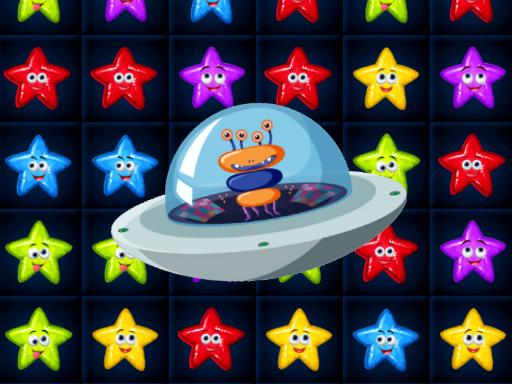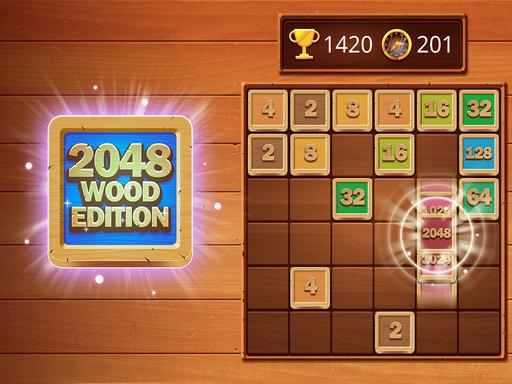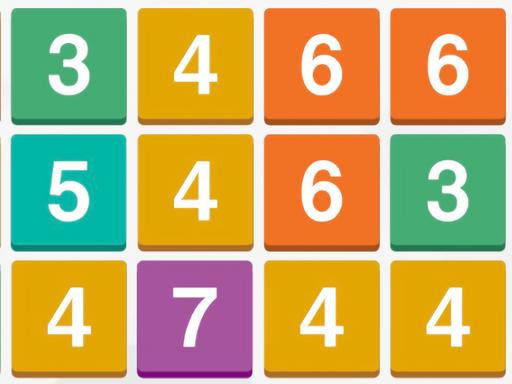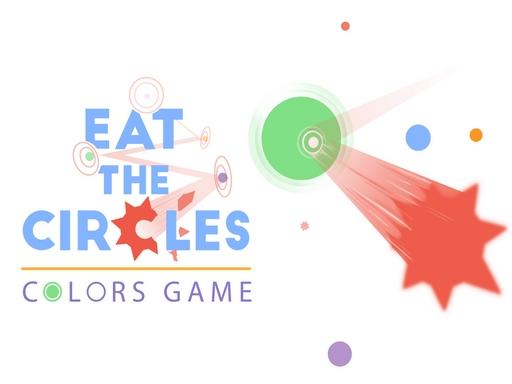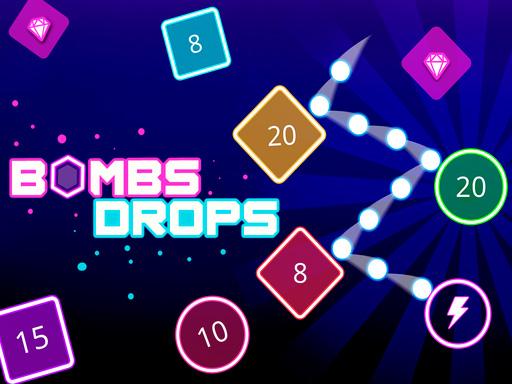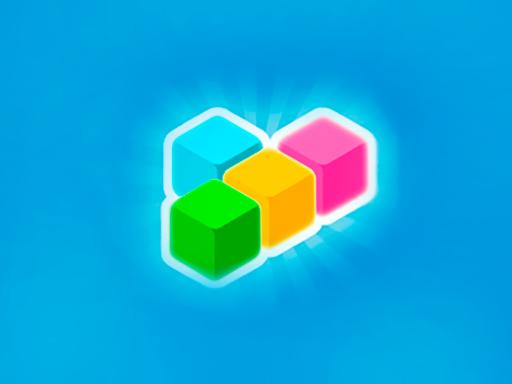New Games
Daily Puzzle
Introduction to Daily Puzzle and How to Play
Daily Puzzle is a classic puzzle game that provides daily challenges for players looking to exercise their minds. This type of game appeals to players who enjoy problem-solving and mental exercises, offering a fresh challenge each day. With puzzles designed to engage different types of logic, pattern recognition, and spatial awareness, Daily Puzzle provides an ideal opportunity for players to start their day with a fun and rewarding mental workout.
In this article, we’ll explore everything about Daily Puzzle, from how it works and how to play, to tips on solving puzzles more effectively. Whether you’re a puzzle enthusiast or someone looking to sharpen your problem-solving skills, this guide will help you make the most of your Daily Puzzle experience.
What is Daily Puzzle?
Daily Puzzle is a type of game where players receive a new puzzle each day. These puzzles can vary in type and difficulty, ranging from crosswords and Sudoku to word searches and jigsaw puzzles. The concept is simple: players have a limited time or set of attempts to complete the puzzle, and new puzzles are available each day. This daily rotation keeps the game fresh, challenging, and fun, as players can look forward to a new problem every morning.
One of the core appeals of Daily Puzzle is that it encourages players to develop a routine. Whether it’s solving a crossword with your morning coffee or tackling a Sudoku puzzle before bed, Daily Puzzle offers a quick and engaging way to relax while improving cognitive skills.
Key Game Components
- Puzzle Variety: Different types of puzzles are included, such as logic puzzles, word games, number puzzles, and visual challenges.
- Daily Updates: New puzzles are released daily, providing fresh challenges and keeping the game interesting.
- Difficulty Levels: Puzzles may vary in difficulty, from beginner-friendly levels to more complex, advanced challenges.
- Hints and Solutions: Many Daily Puzzle games offer hints to help players when they’re stuck, as well as solutions for reference after the puzzle is completed.
- Scoring and Rewards: Players can earn points or badges based on speed, accuracy, or consecutive completions, adding a competitive element for extra motivation.
Types of Puzzles in Daily Puzzle
Daily Puzzle games may include various types of puzzles to keep players engaged and challenge different skills. Here are some common types you might encounter:
- Crossword Puzzles: Solve clues to fill in a grid with words. Crosswords test vocabulary, general knowledge, and word associations.
- Sudoku: A number puzzle where players fill a grid with numbers so that each row, column, and subgrid contains all numbers from 1 to 9. Sudoku puzzles require logic and concentration.
- Word Search: Find specific words hidden in a grid of letters. Word searches are great for improving attention to detail and pattern recognition.
- Logic Puzzles: These may include riddles, sequences, or patterns where players need to apply reasoning to solve the puzzle.
- Jigsaw Puzzles: Arrange pieces to form a complete image. Jigsaw puzzles test spatial awareness and visual perception.
- Spot the Difference: Two similar images are displayed side by side, and players must find the differences. This type of puzzle hones attention to detail and visual skills.
How to Play Daily Puzzle
Each type of puzzle may have unique rules, but the general steps to play Daily Puzzle are as follows:
1. Choose Your Puzzle
- Every day, the game will present a new puzzle or allow you to choose from different types available for that day. Decide whether you’d like to solve a crossword, Sudoku, word search, or another puzzle type.
- For games that allow customization, you may also select the difficulty level of the puzzle.
2. Understand the Rules
- Crossword: Read the clues and fill in the corresponding letters in the grid. Clues may be direct definitions, synonyms, or riddles.
- Sudoku: Fill each empty cell in the 9×9 grid with a number from 1 to 9. Ensure that no row, column, or subgrid has the same number twice.
- Word Search: Look for the listed words hidden in the grid. Words may be arranged vertically, horizontally, or diagonally.
- Logic Puzzle: Use clues to work through a sequence, pattern, or arrangement. Logic puzzles may require deducing relationships between objects or solving a sequence.
- Jigsaw Puzzle: Drag pieces into the correct places to complete an image. Rotate or arrange pieces until they fit together properly.
3. Use Hints if Available
- Many Daily Puzzle games offer hints if you’re struggling with a specific clue or section. Use hints sparingly, as relying too much on them can reduce the challenge.
- Hints may reveal letters, give hints for numbers, or highlight parts of the puzzle that may help you move forward.
4. Complete the Puzzle Within the Time Limit (If Applicable)
- Some Daily Puzzle games have time constraints, adding an extra layer of difficulty. Try to complete the puzzle within the set time to earn a higher score or bonus.
- If there’s no time limit, focus on accuracy and take your time to ensure each step or entry is correct.
5. Review and Check Your Work
- Before submitting, check your answers to avoid any mistakes. Most puzzles will highlight incorrect entries, allowing you to make adjustments before you finish.
6. Collect Rewards or Points
- Once the puzzle is completed, you may receive points, badges, or other rewards based on your performance. Many Daily Puzzle games also have leaderboards where you can see how you rank against other players.
Tips for Mastering Daily Puzzle
- Build a Daily Routine: Set aside a specific time each day to solve your Daily Puzzle. Creating a habit can help improve your skills gradually and keep you motivated.
- Start with Easy Puzzles: If you’re new to puzzles, start with easier levels and work your way up to more challenging ones. This approach helps you build confidence and develop problem-solving techniques.
- Focus on Problem Areas: Identify the types of puzzles you find most challenging and focus on improving in those areas. For instance, if crosswords are difficult, spend extra time learning word associations and common clues.
- Use Hints Strategically: Don’t rely too heavily on hints; use them only when necessary. Try to solve puzzles independently to build your skills.
- Practice Pattern Recognition: For puzzles like Sudoku or word search, developing an eye for patterns can speed up your solving time and improve accuracy.
- Learn Puzzle-Specific Techniques:
- Crossword Tips: Familiarize yourself with common crossword clues and abbreviations. Look for word patterns or fill in the shorter words first to give yourself a head start.
- Sudoku Strategies: Use techniques like “pencil marking,” where you write potential numbers in each cell to eliminate options.
- Logic Puzzle Approaches: Break down complex logic puzzles into smaller steps, focusing on each clue individually before combining them.
- Take Breaks: If you’re stuck, take a short break and return to the puzzle with a fresh perspective. Sometimes a quick pause can help you see the solution more clearly.
- Track Your Progress: Many Daily Puzzle games track your performance over time. Use this to monitor your improvement and celebrate small achievements.
Benefits of Playing Daily Puzzle
- Mental Exercise: Regularly solving puzzles improves memory, focus, and cognitive abilities, helping to keep your mind sharp.
- Stress Relief: Puzzles offer a calming, focused activity that can reduce stress and anxiety by allowing you to step away from daily worries.
- Improved Problem-Solving Skills: Puzzles challenge you to think critically, apply logic, and recognize patterns, which can benefit problem-solving abilities in other areas of life.
- Enhanced Patience and Persistence: Solving puzzles requires patience, especially as they get more challenging. Regular practice can help you become more persistent in tackling difficult tasks.
- A Fun Daily Habit: Daily Puzzle offers a fun and constructive activity that you can look forward to each day, giving you a sense of accomplishment once completed.
Conclusion
Daily Puzzle is more than just a game; it’s a way to engage your mind and develop valuable skills in a fun, accessible format. With a new challenge every day, this game keeps things fresh and provides a sense of routine and accomplishment. Whether you’re solving crosswords, completing jigsaws, or working through Sudoku, Daily Puzzle offers a rewarding experience that appeals to puzzle enthusiasts and casual players alike.
Start your day on a positive note by tackling the day’s puzzle, and watch as your cognitive abilities grow with each challenge.
 Home
Home Popular Games
Popular Games Categories
Categories
